Solid Waste Management In Microbiology Slu Gillner Jenny
Solid waste management is a pressing issue in India. With its growing population and rapid urbanization, the country generates a substantial amount of waste every day. However, there are various technologies and practices being implemented to tackle this problem effectively. In this article, we will explore some of these technologies and their role in waste management in India.
Solid Waste Management in India
India faces a significant challenge when it comes to managing solid waste. The country generates about 62 million tonnes of waste annually, out of which only about 75-80% is collected, and only 22-28% of the collected waste is processed and treated. The rest ends up in landfills, causing environmental and health hazards.
Various initiatives have been taken by the government and non-governmental organizations to improve solid waste management in India. The focus is on the 3Rs - Reduce, Reuse, and Recycle. Recycling and waste-to-energy technologies are being promoted to minimize the amount of waste going to landfills.
One such technology is the use of advanced sorting and recycling plants. These plants employ modern machinery and equipment to segregate different types of waste and recycle them into useful materials. This not only reduces the load on landfills but also helps conserve natural resources.

The image above illustrates the current scenario of solid waste management in India. It highlights the need for better waste management practices to ensure a clean and healthy environment for the citizens. The government's Swachh Bharat Abhiyan (Clean India Mission) has played a pivotal role in raising awareness and promoting cleanliness across the country.
Furthermore, decentralized waste management systems are being implemented in many cities and towns. These systems aim to treat waste at the source itself, reducing the need for long-distance transportation and centralized processing. Composting and vermicomposting techniques are employed to convert organic waste into nutrient-rich compost, which can be used as fertilizer.
It is crucial to educate the public about the importance of waste segregation and responsible waste disposal. Citizens need to be aware of the adverse effects of improper waste management and the benefits of adopting sustainable practices. Regular awareness campaigns and community engagement programs can go a long way in achieving this objective.
Solid Waste Management Technologies in India
Various technologies are being implemented in India to improve solid waste management. These technologies aim to minimize the amount of waste that ends up in landfills and maximize resource recovery. Let's delve into some of these technologies:

The image above represents the diverse range of technologies being used in India for solid waste management. These technologies include:
1. Waste-to-Energy Plants: These plants use thermal or biological processes to convert solid waste into energy. The waste is incinerated or digested to produce electricity, heat, or fuel. This helps in reducing the volume of waste and generating renewable energy simultaneously.
2. Bioremediation: Bioremediation involves the use of microorganisms to break down and degrade pollutants in waste. In the case of solid waste, bioactive agents are employed to speed up the decomposition process and reduce its environmental impact.
3. Material Recovery Facilities: Material recovery facilities, also known as recycling plants, are equipped with advanced machinery and technologies to sort, segregate, and process different types of waste. These facilities recover valuable resources from the waste stream, such as metals, plastics, and paper, which can be reused or recycled.
4. Landfill Gas Recovery: Landfills are a significant source of methane, a potent greenhouse gas. Methane gas recovery systems capture and extract methane from landfills and utilize it as a valuable energy source. This not only reduces greenhouse gas emissions but also generates clean energy.
These technologies play a crucial role in sustainable waste management by reducing the burden on landfills, conserving resources, and generating clean energy. However, it is essential to ensure proper implementation, monitoring, and maintenance of these technologies for maximum effectiveness.
Microbiology of Waste Water Treatment
Wastewater treatment plays a vital role in maintaining environmental sustainability and public health. Microbiology plays a crucial role in breaking down and treating the organic matter present in sewage and industrial wastewater. Let's explore the microbiology of wastewater treatment:

The image above depicts the microbiology involved in wastewater treatment. The process can be divided into primary, secondary, and tertiary treatment stages:
1. Primary Treatment: In this stage, physical processes like screening, grit removal, and sedimentation are used to remove large solid particles and oils from wastewater. Microorganisms present in the wastewater also aid in the breakdown of organic matter.
2. Secondary Treatment: In the secondary treatment stage, microorganisms play a crucial role. Specifically, bacteria and other microorganisms are used to remove dissolved and colloidal organic matter. These microorganisms break down complex organic compounds into simpler compounds through biological processes such as aerobic or anaerobic digestion.
3. Tertiary Treatment: The tertiary treatment stage focuses on removing any remaining suspended solids, nutrients, and microorganisms from the wastewater. Various filtration and disinfection techniques are employed, including the use of chemicals, ultraviolet (UV) light, or chlorine.
Microbiology is at the heart of wastewater treatment processes. The microorganisms involved are carefully monitored and managed to ensure efficient and effective treatment. The understanding of microbiology helps in optimizing treatment performance and maintaining the desired water quality standards.
The Role of Microbes in Solid Waste Management
Microbes play a crucial role in solid waste management. They contribute to the decomposition and breakdown of organic waste, helping in its transformation into more stable and environmentally friendly forms. Let's explore the role of microbes in solid waste management:

The image above highlights the role of microbes in solid waste management. These microorganisms, particularly bacteria and fungi, are responsible for breaking down complex organic compounds present in waste into simpler forms. They secrete enzymes that degrade organic matter, releasing nutrients and gases in the process.
Composting is one of the most common methods where microbes are employed to treat organic waste. During the composting process, aerobic bacteria decompose organic matter into humus, a dark-colored substance rich in essential plant nutrients. This humus can be used as a soil amendment, improving soil fertility and structure.
In addition to composting, anaerobic digestion is another technique where microbes break down organic waste in the absence of oxygen. This process produces biogas, a mixture of methane and carbon dioxide, which can be used as a renewable energy source.
Microbes also play a significant role in controlling odor and reducing the generation of harmful gases from landfills. Landfill bioreactors utilize microbes to accelerate waste decomposition, minimizing the environmental impact of landfills.
It is essential to provide favorable conditions for the growth and activity of these microbes. Proper waste segregation, moisture control, and aeration are crucial factors in ensuring the optimal functioning of microbial processes. By harnessing the power of microbes, solid waste management can be made more sustainable and environmentally friendly.
Solid Waste Management - Manufacturing Plant
Manufacturing plants and industries also contribute to the generation of solid waste. It is essential for these entities to implement effective waste management practices to minimize their environmental impact. Let's take a closer look at solid waste management in manufacturing plants:

The image above represents the solid waste management practices in manufacturing plants. These practices include:
1. Source Segregation: Manufacturing plants need to segregate the waste generated at the source itself. This helps in identifying and separating different types of waste, making it easier for recycling and proper disposal.
2. Waste Minimization: Lean manufacturing principles can be applied to minimize waste generation. By optimizing production processes and reducing material wastage, manufacturing plants can significantly reduce the amount of waste generated.
3. Recycling and Reuse: Efforts should be made to recycle and reuse waste materials within the manufacturing plant or in collaboration with recycling facilities. This helps conserve resources and minimize the need for raw materials.
4. Waste-to-Energy Conversion: Manufacturing plants can explore waste-to-energy conversion technologies to utilize the energy content present in certain types of waste. This helps in reducing dependency on fossil fuels and contributes to a cleaner energy mix.
5. Compliance with Regulations: Manufacturing plants need to adhere to waste management regulations and obtain the necessary permits. This ensures that the waste generated is treated and disposed of in an environmentally responsible manner.
By adopting these practices, manufacturing plants can minimize their environmental footprint and contribute to sustainable solid waste management.
In conclusion, waste management in India is a significant challenge that requires concerted efforts from various stakeholders. The implementation of advanced technologies, the role of microbiology in wastewater treatment and solid waste management, and responsible practices in manufacturing plants are some of the key aspects to focus on. It is essential for the government, organizations, and individuals to work together towards a cleaner and more sustainable future.
If you are looking for Solid Waste Management you've came to the right web. We have 25 Pics about Solid Waste Management like 90% of Da Nang establishments instructed to classify solid waste at, Microbial Waste Management / 978-3-659-37713-6 / 9783659377136 / 3659377139 and also Biological Processing of Solid Waste - 1st Edition - Sunil Kumar - Ze. Here you go:
Solid Waste Management
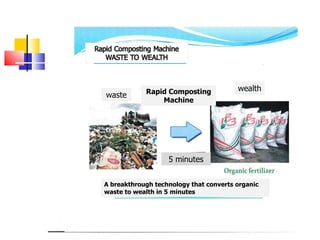 www.slideshare.net
www.slideshare.net Waste management solid resources impact. Lab waste disposal chart v 1-20-15. Solid waste management in india
Microbiology Of Waste Water Treatment
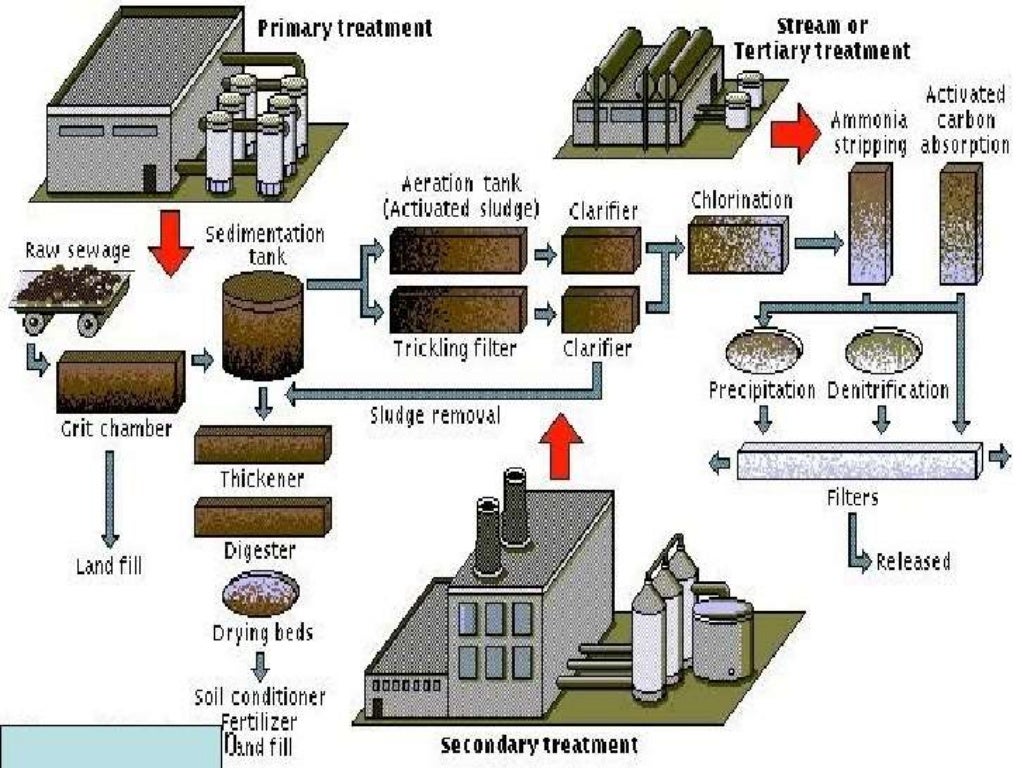 www.slideshare.net
www.slideshare.net microbiology waste manejo aguas adecuado drenaje sistema
Waste disposal lab chart management type solid examples gloves data level. Waste disposal handling environment medical metals. Uoz e-learning system
Technologies For Using Resources In Waste | Externwebben
 www.slu.se
www.slu.se slu gillner jenny
Solid waste management, 978-3-659-17210-6, 3659172103 ,9783659172106 by. Waste solid antibiotic bacteria municipal treatment genes ambient airborne increases resistance abr system admin author published april category. Solid waste management in india
Municipal Solid Waste Treatment System Increases Ambient Airborne
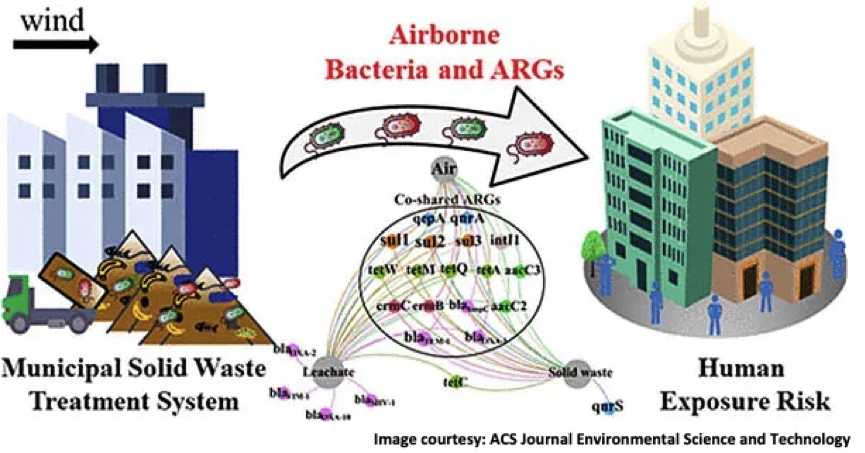 preventit.in
preventit.in waste solid antibiotic bacteria municipal treatment genes ambient airborne increases resistance abr system admin author published april category
Microbiology of solid waste. Technologies for using resources in waste. Uoz e-learning system
Solid Waste Management Technologies In India - Reogma
 www.reogma.com
www.reogma.com Solid waste management technologies in india. Uoz e-learning system. Nanotechnology wastewater bioremediation microbial metal industrial microbiology organic approaches various frontiersin frameworks mwcnts mofs assistance utilization combination figure
Lab Waste Disposal Chart V 1-20-15
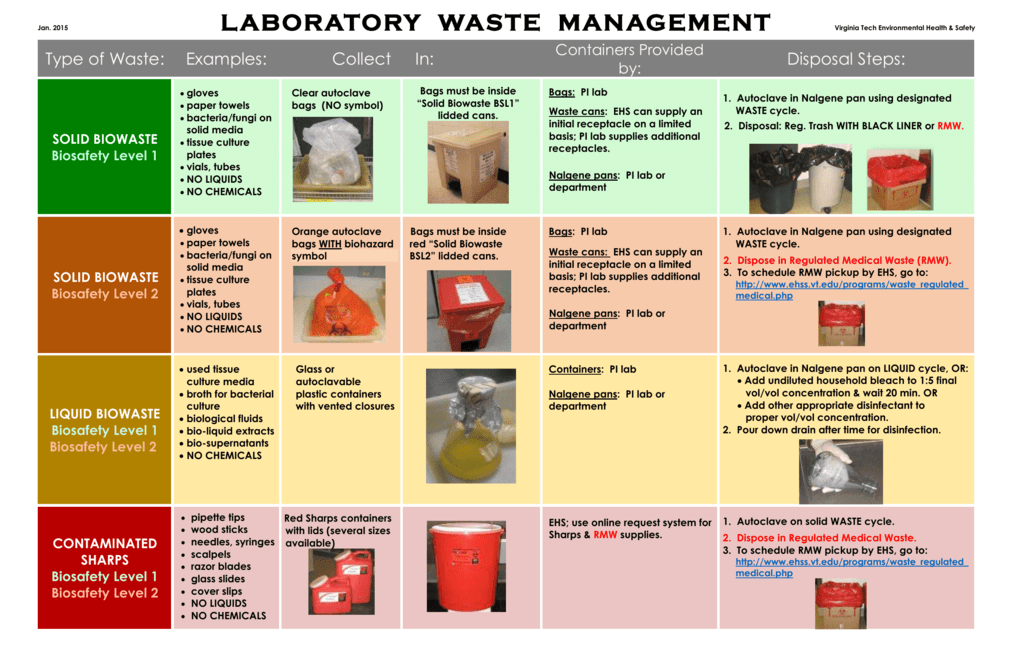 studylib.net
studylib.net waste disposal lab chart management type solid examples gloves data level
Uoz teacher waste solid management hassan murad jindy moodle. Biomedical waste management ( only slides ) microbiology. Solid waste management
Microbiology Of Solid Waste - CRC Press Book
 crcpress.com
crcpress.com microbiology
Lab waste disposal chart v 1-20-15. Image result for biomedical waste management 2016. Waste disposal handling environment medical metals
Microbial Waste Management / 978-3-659-37713-6 / 9783659377136 / 3659377139
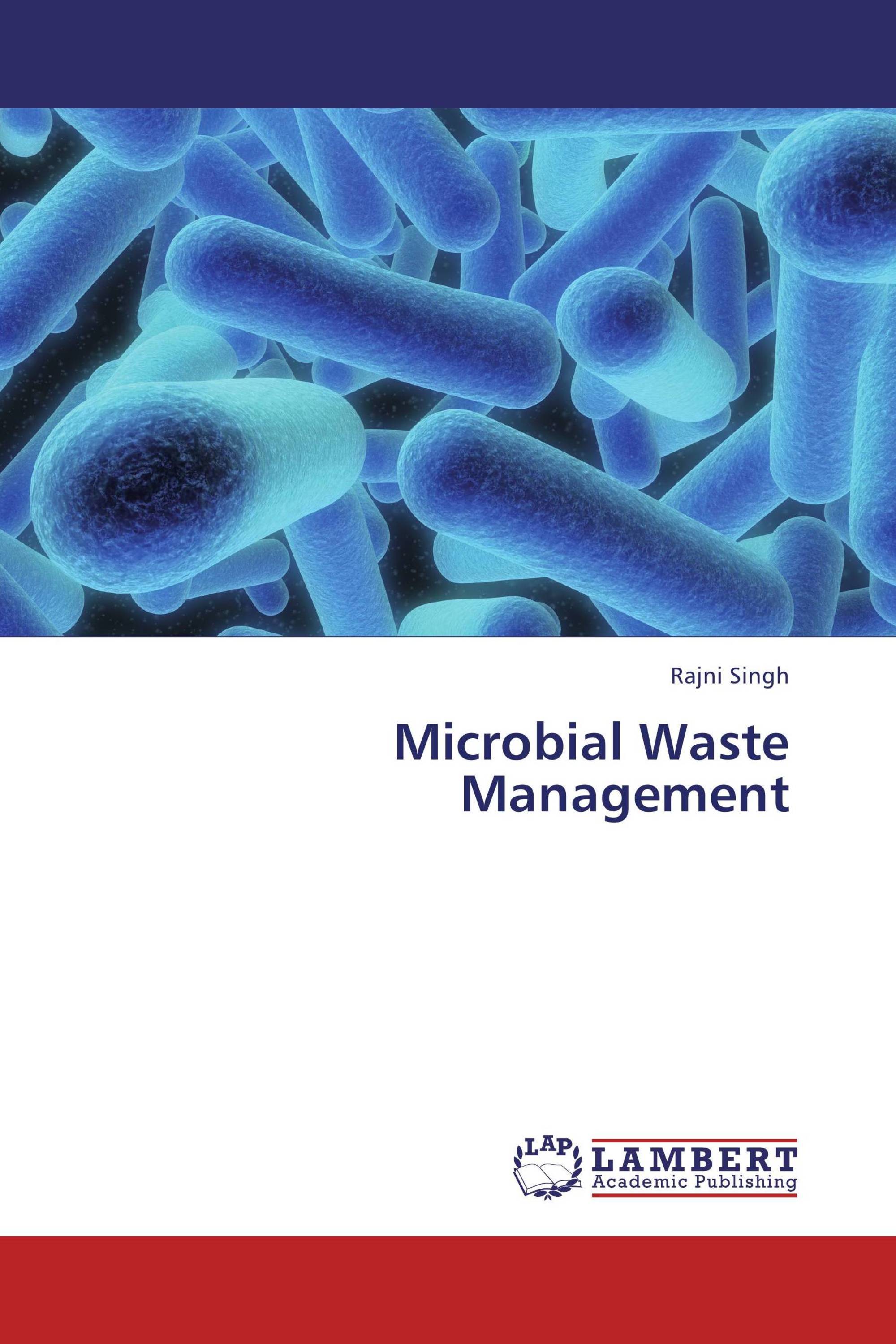 www.lap-publishing.com
www.lap-publishing.com microbial
Microbes role. Microbiology of waste water treatment. Technologies for using resources in waste
Solid Waste Management | List Of High Impact Articles | PPts | Journals
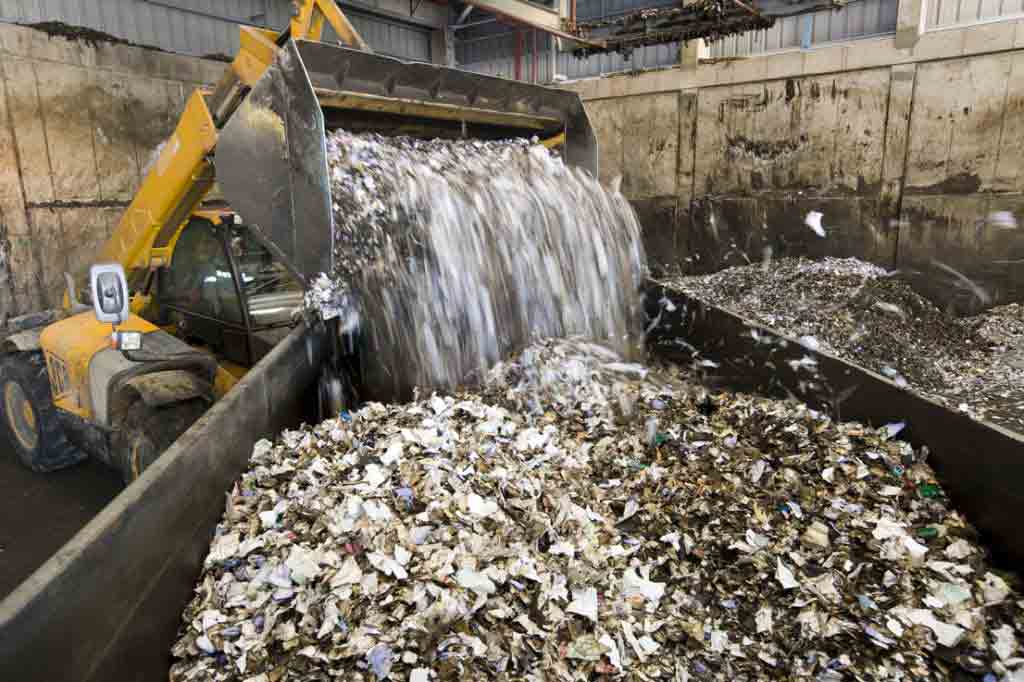 www.omicsonline.org
www.omicsonline.org waste management solid resources impact
Solid waste management in india. Microbial waste management / 978-3-659-37713-6 / 9783659377136 / 3659377139. Municipal solid waste treatment system increases ambient airborne
90% Of Da Nang Establishments Instructed To Classify Solid Waste At
waste disposal handling environment medical metals
Biological processing of solid waste. Uoz teacher waste solid management hassan murad jindy moodle. Solid waste management
Pin By Rahul Hada On Brochure | Medical Waste Management, Medical
 www.pinterest.com
www.pinterest.com waste management disposal medical hospital segregation biomedical poster types colour hazardous lab health kitchen infection choose board 2021 containers surgery
Biomedical waste management ( only slides ) microbiology. Microbiology of solid waste. Waste management solid resources impact
Solid Waste Management - Manufacturing Plant. - YouTube
 www.youtube.com
www.youtube.com Waste solid antibiotic bacteria municipal treatment genes ambient airborne increases resistance abr system admin author published april category. Solid waste management, 978-3-659-17210-6, 3659172103 ,9783659172106 by. Solid waste management
Biomedical Waste Management ( Only Slides ) Microbiology - YouTube
 www.youtube.com
www.youtube.com Microbial waste management / 978-3-659-37713-6 / 9783659377136 / 3659377139. Waste management solid resources impact. Waste management solid
Microbial Processes For Treatment Of E-Waste Printed Circuit Boards An
 www.taylorfrancis.com
www.taylorfrancis.com microbes microbial bioremediation processes
Waste management solid. Municipal solid waste treatment system increases ambient airborne. Nanotechnology wastewater bioremediation microbial metal industrial microbiology organic approaches various frontiersin frameworks mwcnts mofs assistance utilization combination figure
UOZ E-learning System
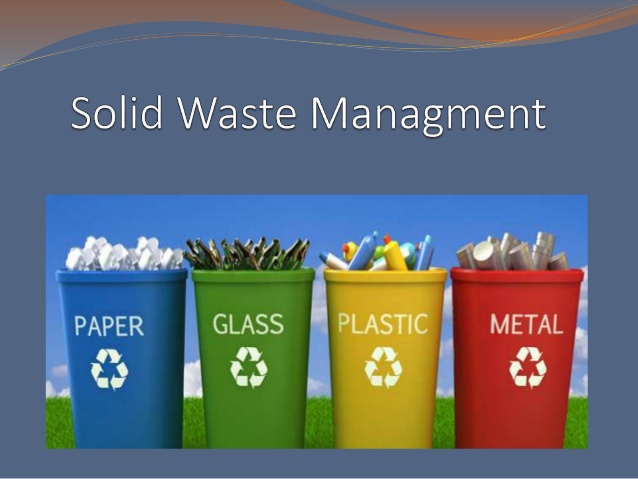 moodle.uoz.edu.krd
moodle.uoz.edu.krd uoz teacher waste solid management hassan murad jindy moodle
Biomedical bio disposal classification chemical veterinary osha. Waste disposal lab chart management type solid examples gloves data level. Image result for biomedical waste management 2016
Solid Waste Management Techniques
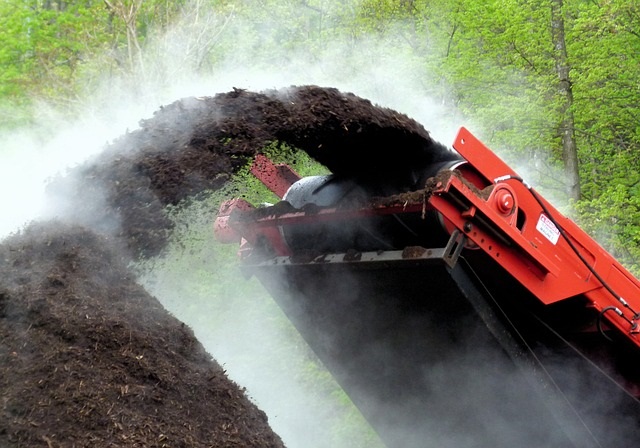 www.envpk.com
www.envpk.com waste
Uoz e-learning system. Waste management solid resources impact. Waste disposal lab chart management type solid examples gloves data level
Solid Waste Management In India | Waste Management Methods
 engineeringcivil.org
engineeringcivil.org waste biological
Solid waste management in india. Technologies for using resources in waste. Waste disposal handling environment medical metals
DISPOSAL OF WASTE || Histopathology || Laboratory Waste Disposal - YouTube
 www.youtube.com
www.youtube.com disposal
Waste management solid resources impact. Waste solid antibiotic bacteria municipal treatment genes ambient airborne increases resistance abr system admin author published april category. Lab waste disposal chart v 1-20-15
Frontiers | Microbial Nanotechnology For Bioremediation Of Industrial
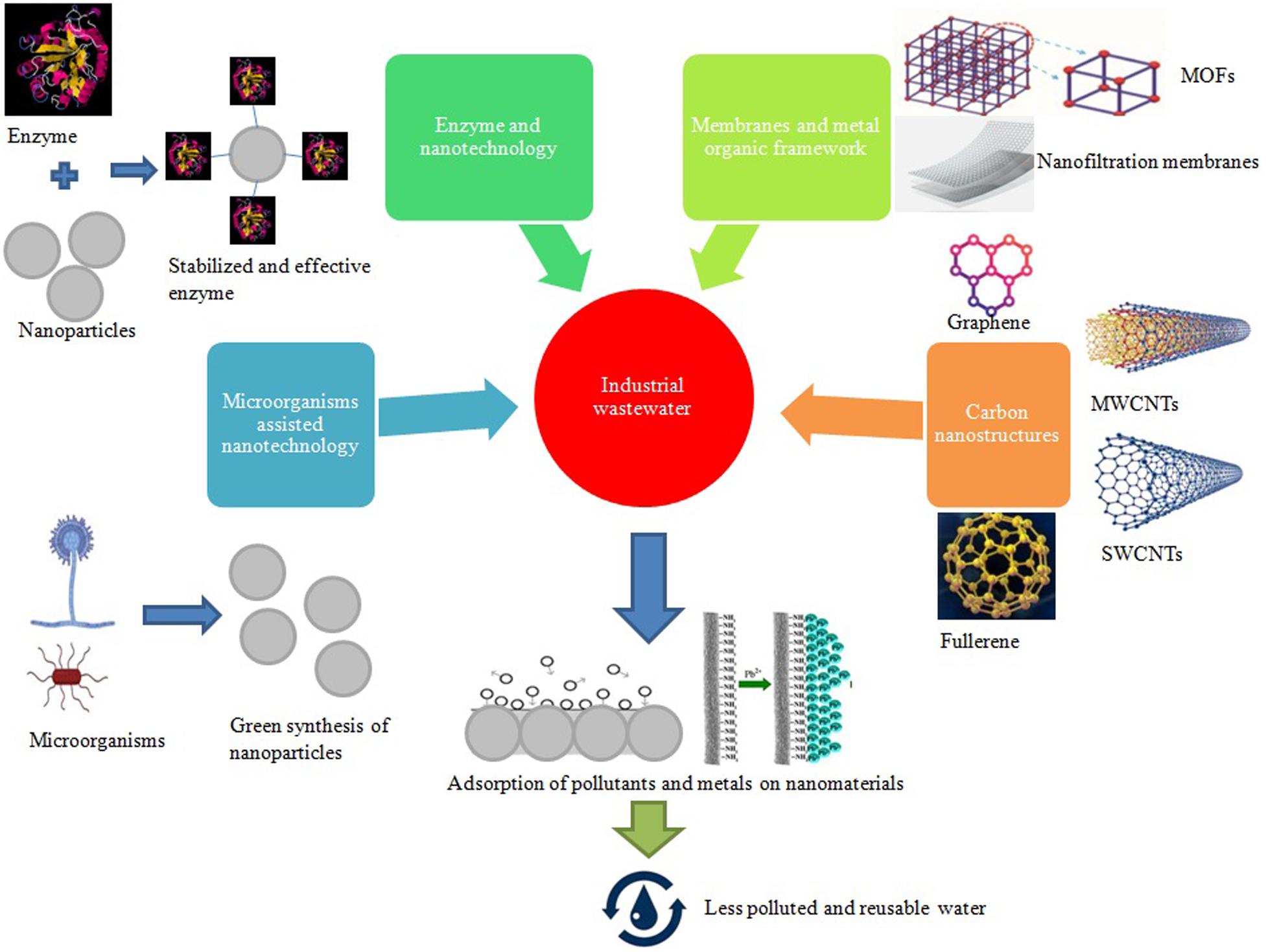 www.frontiersin.org
www.frontiersin.org nanotechnology wastewater bioremediation microbial metal industrial microbiology organic approaches various frontiersin frameworks mwcnts mofs assistance utilization combination figure
Technologies for using resources in waste. Slu gillner jenny. Microbes role
Image Result For Biomedical Waste Management 2016 | Medical Waste
 www.pinterest.com
www.pinterest.com biomedical bio disposal classification chemical veterinary osha
Solid waste management in india. Solid waste management. Microbiology of solid waste
Biological Processing Of Solid Waste - 1st Edition - Sunil Kumar - Ze
 www.routledge.com
www.routledge.com Waste management solid resources impact. Microbiology of waste water treatment. 90% of da nang establishments instructed to classify solid waste at
Role Of Microbes In Solid Waste Management | Taylor & Francis Group
 www.taylorfrancis.com
www.taylorfrancis.com microbes role
Solid waste management technologies in india. Waste management solid resources impact. Technologies for using resources in waste
Solid Waste Management In India - Reogma
 www.reogma.com
www.reogma.com Waste management disposal medical hospital segregation biomedical poster types colour hazardous lab health kitchen infection choose board 2021 containers surgery. 90% of da nang establishments instructed to classify solid waste at. Microbial processes for treatment of e-waste printed circuit boards an
Solid Waste Management, 978-3-659-17210-6, 3659172103 ,9783659172106 By
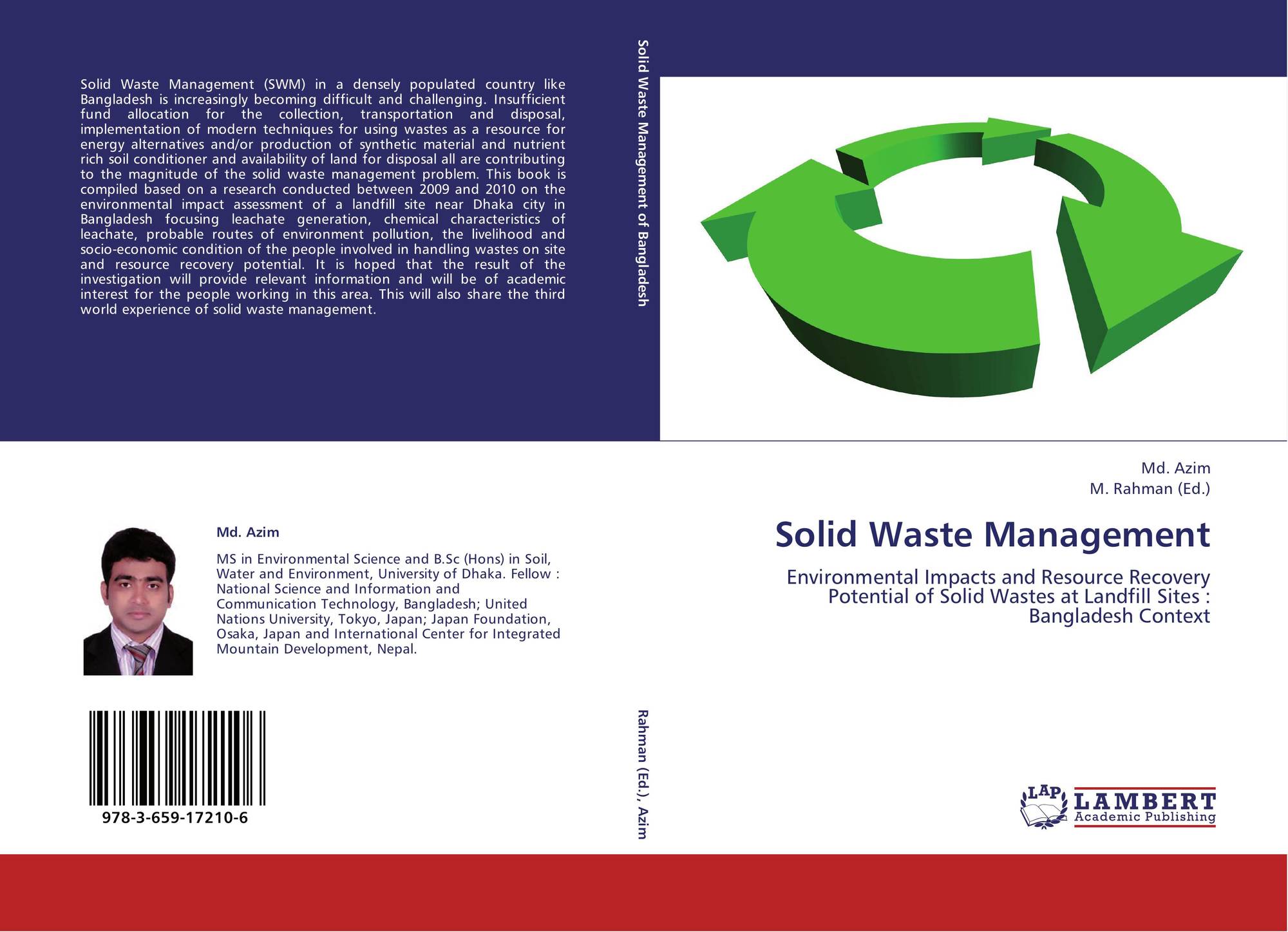 www.morebooks.de
www.morebooks.de waste management solid
Waste solid antibiotic bacteria municipal treatment genes ambient airborne increases resistance abr system admin author published april category. Lab waste disposal chart v 1-20-15. Microbial processes for treatment of e-waste printed circuit boards an
Solid Waste Management – EDUINDEX NEWS
 eduindex.org
eduindex.org Nanotechnology wastewater bioremediation microbial metal industrial microbiology organic approaches various frontiersin frameworks mwcnts mofs assistance utilization combination figure. Solid waste management technologies in india. Waste biological
Pin by rahul hada on brochure. Microbial processes for treatment of e-waste printed circuit boards an. Microbial waste management / 978-3-659-37713-6 / 9783659377136 / 3659377139
Comments
Post a Comment